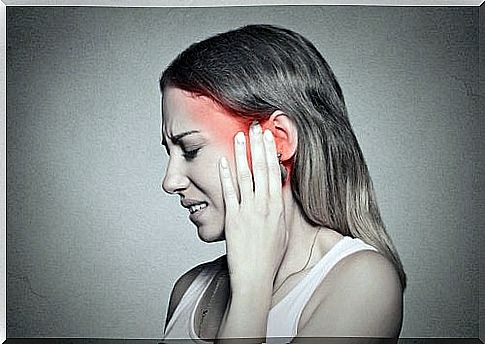Treating Tinnitus In Natural Ways

Tinnitus can be a very annoying condition for anyone and can occur at any time. It often goes away on its own, but sometimes it becomes chronic. Read here you can treat tinnitus in natural ways.
This problem is characterized by a continuous ringing in one or both ears. This ringing is often caused by your inner ear being full of fluid and therefore sending sound to your auditory nerve.
In most cases, only the affected person can hear the ringing, and often it is accompanied by hearing loss.
It is therefore very important to distinguish between occasional tinnitus caused by loud noises and chronic tinnitus, which can be a sign of a much larger hearing problem.
What are the symptoms of tinnitus?
You may be suffering from tinnitus if you experience the following symptoms in one or both ears:
- ringing sound
- constant noise
- squeak
- hiss
What causes tinnitus?
Tinnitus in itself is not seen as a disease. It is usually a symptom of a more serious hearing problem. Tinnitus can also be caused by problems in one part of the ear or problems related to your hearing in some other way.
Often no specific cause can be identified. What is certain, however, is that tinnitus can have a negative impact on the health of your hearing. In more severe cases, the problem may even require medical attention.
There is also a secondary form of tinnitus that has a specific cause and is not associated with hearing loss, but produces a continuous buzzing.
All cases of tinnitus are usually accompanied by a deterioration of the auditory system. This system is very sensitive.
The causes of tinnitus include:
- buildup of wax in the outer ear
- loose hairs in the ear canal touching the eardrum
- an infection in the middle ear or hardening of the small bones in this part
- exposure to loud noises
- a foreign object stuck in the ear
- ear injury
- changes in blood pressure
- the use of certain medications
- heart disease or obesity
- tumors
- ruptured eardrum
How can you treat tinnitus naturally?

While you should always consult your doctor for the correct diagnosis, there are also some natural ways to relieve your symptoms. This way you can treat tinnitus with natural remedies.
Control obesity and cholesterol levels
Patients who are able to lose ten percent of their body weight and improve their cholesterol levels are significantly more likely to relieve the symptoms of tinnitus.
Maintain a healthy diet
It would be best to improve your overall nutrition by eating a diet rich in vegetables, vitamins, minerals, proteins and antioxidants while limiting your intake of fats and sugar.
Avoid loud noises
People who, for whatever reason, are constantly exposed to loud or irritating sounds are more likely to develop tinnitus and lose their hearing.
It is therefore important to avoid this exposure as much as possible and to use some form of hearing protection and to reduce the negative influence that loud noises have on the ears.
Do not take aspirin or similar products

The high amount of acetylsalicylic acid in aspirin can make the symptoms of tinnitus worse. This won’t treat tinnitus, but it will prevent it from getting worse.
Get exercise
Daily exercise will improve circulation and prevent the development of tinnitus.
Drink enough water
Staying well hydrated is essential for your entire body, including your ears. In addition, dehydration is associated with ringing in the ears.
Control your blood pressure

Most people already know that having high blood pressure increases the risk of stroke and heart disease. However, what few people know is that high blood pressure can also be related to hearing loss and tinnitus.
Try relaxation techniques
Relaxation techniques are not intended to be a cure, but are recommended to manage the anxiety and depression common in people whose tinnitus is a chronic problem.









